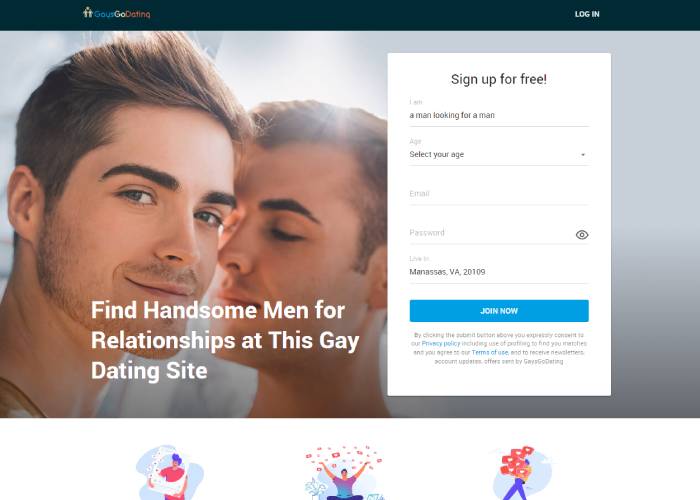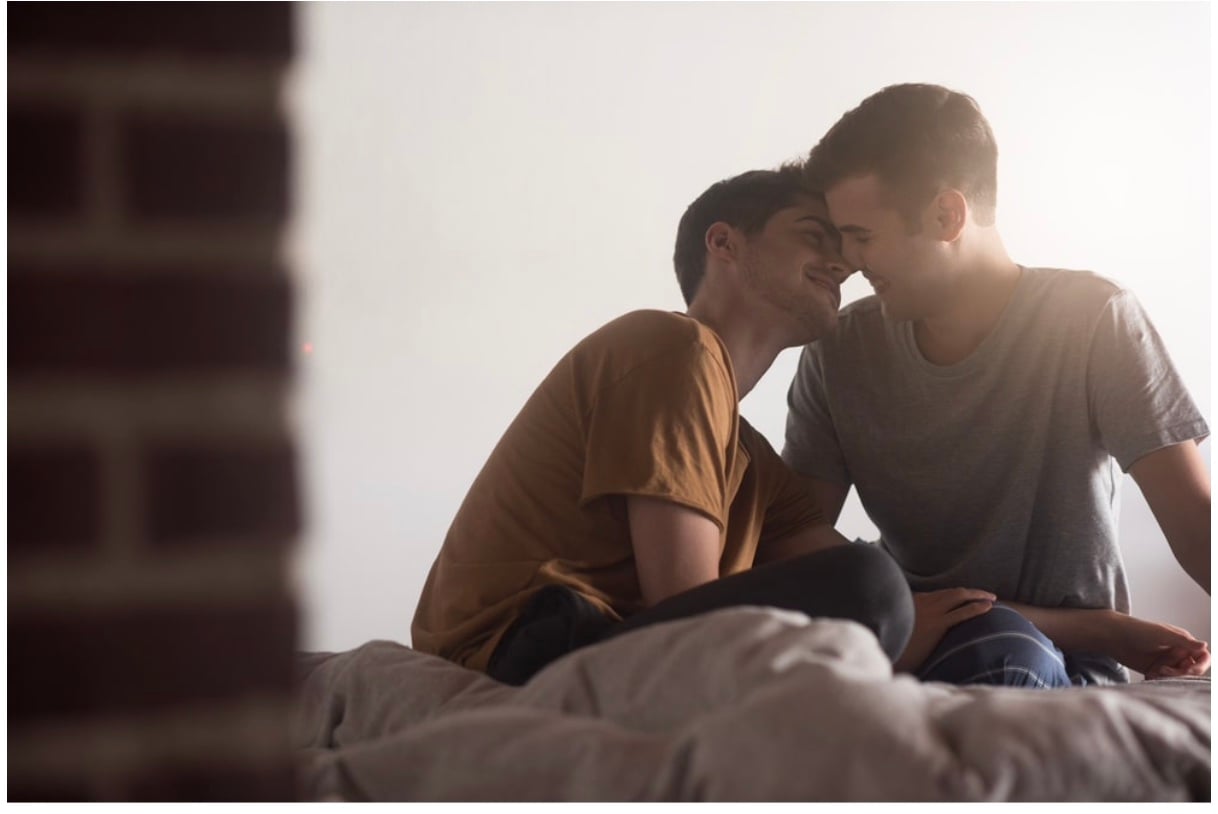No products in the cart.
LegalRoids
The Agender, Aromantic, Asexual Queer Movement — The Cut
Gender on Campus
Identity-
Totally Free
Identification
Politics
A written report from
the agender,
aromantic, asexual
forward range.
Photos by
Elliott Brown, Jr.
NYU class of 2016
“Presently, I point out that Im agender.
I’m eliminating me from social construct of sex,” states Mars Marson, a 21-year-old NYU film significant with a thatch of small black colored tresses.
Marson is actually talking-to me personally amid a roomful of Queer Union college students at the college’s LGBTQ student middle, in which a front-desk container supplies no-cost buttons that allow site visitors proclaim their particular favored pronoun. In the seven college students gathered in the Queer Union, five choose the single
they,
designed to denote the kind of post-gender self-identification Marson talks of.
Marson was given birth to a female naturally and came out as a lesbian in high-school. But NYU ended up being a revelation â somewhere to understand more about transgenderism following reject it. “I really don’t feel attached to the word
transgender
as it feels more resonant with binary trans individuals,” Marson says, discussing people who need to tread a linear path from feminine to male, or the other way around. You can declare that Marson as well as the various other students within Queer Union identify instead with getting somewhere in the center of the path, but that’s not exactly proper possibly. “i do believe âin the center’ still throws male and female because the be-all-end-all,” says Thomas Rabuano, 19, a sophomore drama major exactly who wears makeup products, a turbanlike headband, and a flowy top and skirt and cites Lady Gaga while the gay fictional character Kurt on
Glee
as huge adolescent character versions. “i love to think about it external.” Everybody in the group
mm-hmmm
s endorsement and snaps their unique fingers in agreement. Amina Sayeed, 19, a sophomore from Des Moines, believes. “standard women’s clothing tend to be elegant and colorful and emphasized that I had boobs. We disliked that,” Sayeed claims. “So now we say that I’m an agender demi-girl with link with the female digital sex.”
Regarding the far side of university identification politics
â the locations as soon as occupied by gay and lesbian college students and later by transgender people â at this point you discover pockets of students like these, teenagers for whom attempts to categorize identity sense anachronistic, oppressive, or maybe just painfully irrelevant. For more mature years of homosexual and queer communities, the challenge (and exhilaration) of identification exploration on campus will look rather familiar. Nevertheless the distinctions today tend to be hitting. The current job is not just about questioning your own identity; it’s about questioning ab muscles character of identification. You might not end up being a boy, nevertheless might not be a female, possibly, as well as how comfortable are you presently because of the idea of getting neither? You might want to rest with males, or women, or transmen, or transwomen, while might want to be mentally involved in them, also â but not in the same combination, since why must your own intimate and intimate orientations necessarily need to be the same thing? Or exactly why remember direction at all? The appetites may be panromantic but asexual; you might determine as a cisgender (maybe not transgender) aromantic. The linguistic options are almost limitless: an abundance of language meant to articulate the role of imprecision in identity. And it’s really a worldview which is a whole lot about terms and thoughts: For a movement of young adults driving the boundaries of need, it can feel amazingly unlibidinous.
A Glossary
The Involved Linguistics from the Campus Queer Movement
Several things about sex have not altered, rather than will. But also for those of us whom visited school many years ago â as well as just a couple of in years past â a few of the newest intimate language is generally unfamiliar. The following, a cheat sheet.
Agender:
someone who recognizes as neither male nor female
Asexual:
an individual who doesn’t enjoy sexual interest, but just who may go through romantic longing
Aromantic:
somebody who does not experience enchanting longing, but does knowledge sexual desire
Cisgender:
maybe not transgender; the state where gender you determine with matches usually the one you used to be assigned at delivery
Demisexual:
one with limited sexual interest, usually believed only in the context of deep psychological connection
Gender:
a 20th-century restriction
Genderqueer:
an individual with an identity beyond your old-fashioned sex binaries

Graysexual:
a very broad term for a person with limited sexual desire
Intersectionality:
the belief that gender, race, class, and intimate positioning can not be interrogated alone from one another
Panromantic:
someone who is romantically interested in anyone of any sex or positioning; it doesn’t necessarily connote accompanying sexual interest
Pansexual:
someone who is actually sexually thinking about any person of any gender or orientation
Reporting by
Allison P. Davis
and
Jessica Roy
Robyn Ochs, an old Harvard officer who had been at the class for 26 many years (and just who started the college’s class for LGBTQ faculty and team), sees one significant reason why these linguistically complicated identities have quickly come to be popular: “we ask youthful queer people how they discovered labels they explain by themselves with,” states Ochs, “and Tumblr could be the No. 1 solution.” The social-media platform features produced a million microcommunities global, such as Queer Muslims, Queers With Disabilities, and Trans Jewry. Jack Halberstam, a 53-year-old self-identified “trans butch” professor of sex scientific studies at USC, specifically alludes to Judith Butler’s 1990 publication,
Gender Difficulty,
the gender-theory bible for university queers. Prices from this, like a lot reblogged “there is absolutely no gender identification behind the expressions of sex; that identity is actually performatively constituted of the very âexpressions’ which happen to be considered the effects,” have grown to be Tumblr lure â probably the planet’s the very least likely viral material.
But many of this queer NYU students we spoke to didn’t become truly familiar with the language they now used to describe by themselves until they arrived at university. Campuses are staffed by directors whom came of age in the 1st trend of political correctness at the height of semiotics-deconstruction mania. In school today, intersectionality (the concept that competition, course, and gender identity are typical connected) is central for their means of comprehending just about everything. But rejecting classes completely are sexy, transgressive, a helpful method to win a disagreement or feel special.
Or perhaps which is too cynical. Despite just how serious this lexical contortion may seem to some, the students’ desires to establish on their own away from gender felt like an outgrowth of severe pain and strong scarring from being brought up in to-them-unbearable part of “boy” or “girl.” Creating an identity this is certainly defined by what you
aren’t
doesn’t appear especially easy. We ask the students if their new social license to identify by themselves away from sex and sex, in the event that absolute plethora of self-identifying possibilities they have â such as Facebook’s much-hyped 58 sex alternatives, everything from “trans individual” to “genderqueer” towards vaguely French-sounding “neutrois” (which, relating to neutrois.com, are not identified, ever since the very point to be neutrois would be that the gender is actually individual to you) â occasionally simply leaves all of them sensation just as if they truly are going swimming in area.
“I feel like i am in a sweets store and there’s all of these different choices,” states Darya Goharian, 22, an elderly from an Iranian family in a wealthy D.C. area exactly who identifies as trans nonbinary. Yet perhaps the word
solutions
may be too close-minded for some inside group. “I take issue with this term,” says Marson. “It makes it seem like you’re deciding to be one thing, when it is perhaps not a choice but an inherent section of you as one.”
Amina Sayeed determines as an aromantic, agender demi-girl with link with the female digital gender.
Picture:
Elliott Brown, Jr., NYU course of 2016
Levi straight back, 20, is actually a premed who was simply practically kicked from community high-school in Oklahoma after being released as a lesbian. The good news is, “we identify as panromantic, asexual, agender â while you wanna shorten every thing, we are able to just go as queer,” straight back claims. “Really don’t enjoy sexual attraction to any individual, but i am in a relationship with another asexual person. Do not have sex, but we cuddle constantly, kiss, make-out, keep fingers. Everything you’d see in a PG rom-com.” Straight back had previously dated and slept with a lady, but, “as time went on, I was much less into it, also it became similar to a chore. I am talking about, it thought good, nonetheless it wouldn’t feel just like I was creating a powerful hookup throughout that.”

Today, with again’s present gf, “many what makes this commitment is actually our emotional connection. And how open we have been with one another.”
Right back has started an asexual group at NYU; anywhere between ten and 15 folks generally arrive to group meetings. Sayeed â the agender demi-girl â is among them, also, but recognizes as aromantic versus asexual. “I experienced had sex by the point I found myself 16 or 17. Ladies before males, but both,” Sayeed states. Sayeed continues to have gender from time to time. “But I don’t encounter any sort of romantic interest. I had never known the technical phrase for this or whatever. I’m however able to feel really love: I adore my buddies, and I like my children.” But of falling
in
really love, Sayeed says, without having any wistfulness or doubt that might change later on in life, “I guess i simply never understand why I ever before would now.”
So much associated with private politics of history was about insisting from the directly to sleep with any individual; today, the libido appears this type of a minor element of present politics, including the ability to state you have got virtually no want to sleep with anyone at all. That will apparently run counter to your much more mainstream hookup society. But alternatively, possibly here is the next logical action. If hooking up has completely decoupled gender from relationship and feelings, this action is actually clarifying that you may have love without sex.
Even though rejection of gender is certainly not by option, always. Maximum Taylor, a 22-year-old transman junior at NYU who also determines as polyamorous, says that it is already been more difficult for him currently since the guy started getting human hormones. “i cannot check-out a bar and grab a straight lady as well as have a one-night stand quite easily anymore. It can become this thing in which easily want to have a one-night stand i must describe i am trans. My personal swimming pool of people to flirt with is my society, where people learn each other,” claims Taylor. “Mostly trans or genderqueer people of shade in Brooklyn. It is like I’m never gonna meet somebody at a grocery store once more.”
The complex language, as well, can work as a level of safety. “You could get very comfy at the LGBT middle and acquire used to folks asking the pronouns and everyone once you understand you’re queer,” claims Xena Becker, 20, a sophomore from Evanston, Illinois, exactly who identifies as a bisexual queer ciswoman. “But it’s however truly lonely, tough, and confusing a lot of the time. Even though there are many more words doesn’t mean the thoughts are easier.”
Added revealing by Alexa Tsoulis-Reay.
*This post looks inside October 19, 2015 dilemma of
Nyc
Mag.
